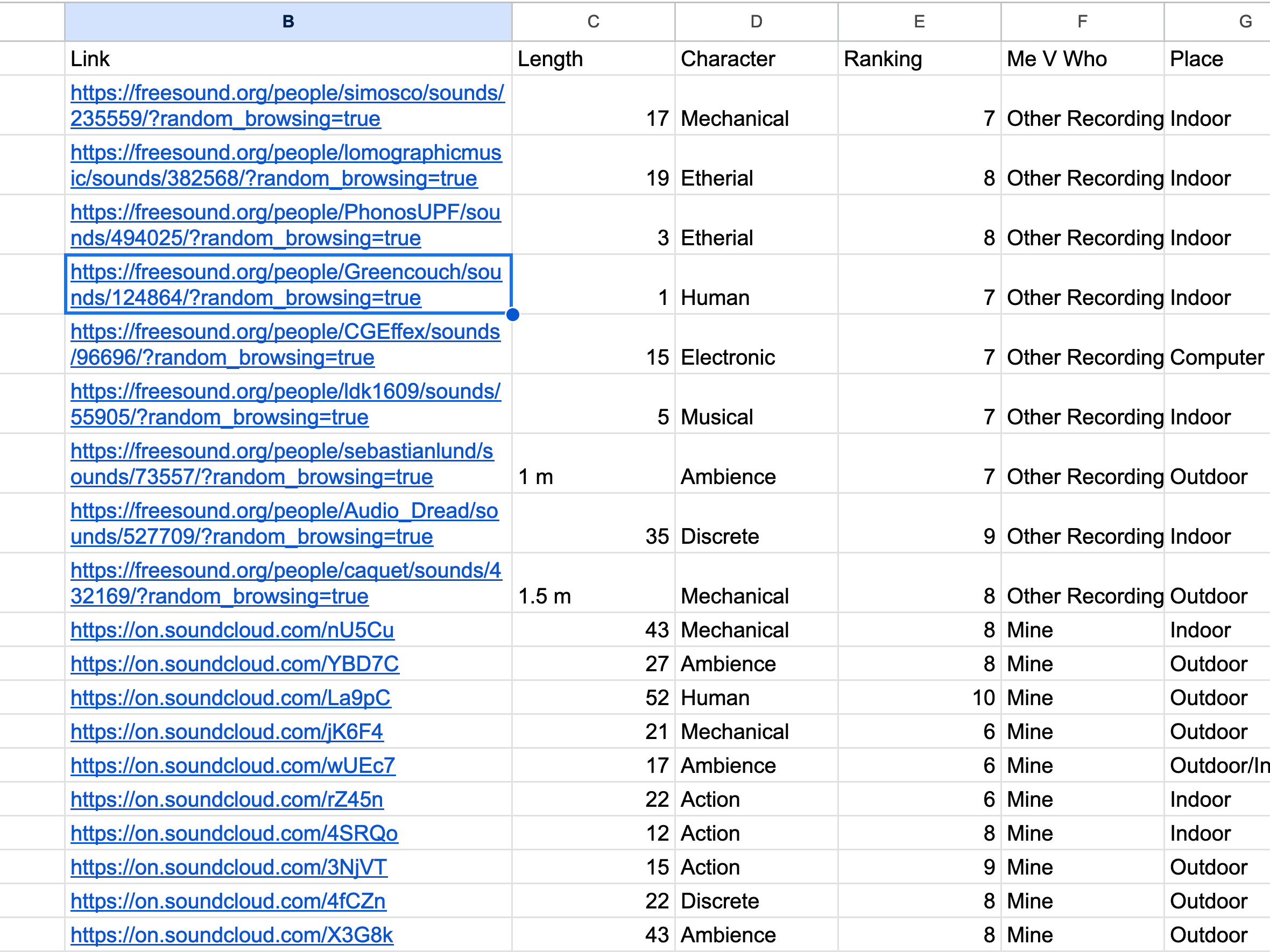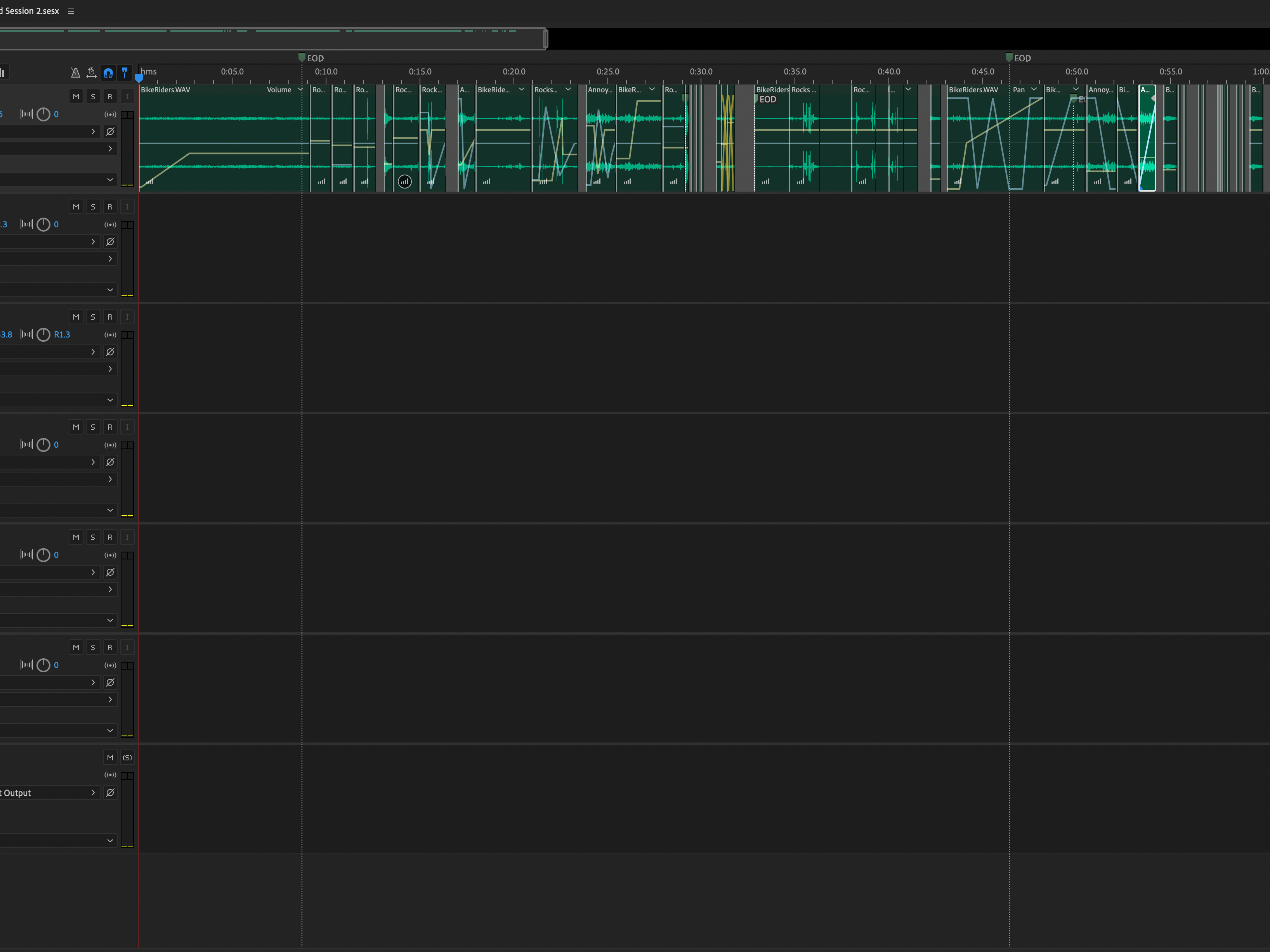On page four of the introduction to the soundscape, Schaffer describes the subject he wishes to invent “as a subject which we might call acoustic design, an interdiscipline in which musicians, acousticians, psychologists, sociologist,s and others would study the world soundscape together in
order to make intelligent recommendations for its improvement.” I think that this collectivization of various disciplines into one study is on the right track; however, I believe that there is one piece of Barry Traux’s that would require additional observation outside of these professionals: “Prospero's Voyage.
I argue that a coherent study of Prospero’s voyage and other soundscapes like it, mainly ones that include voices, would require evaluation of linguists and literary scholars if the spoken text were to come from a pre-established literary work. Like how Schaffer describes both the place of listening and the place of recording as essential aspects of a soundscape experience, so must the cognitive familiarity of the listener with the soundscape’s subject matter be taken into account. For example, I, having played Prospero in my high school’s production of The Tempest, will have a very different experience listening to this soundscape as someone who only speaks Portuguese. Thus, how I view, or hear, the piece is dependent on my literary understanding and linguistic ability to understand ye olde English.
It seems language finds itself in an awkward position when it comes to soundscapes and sound art. The reason why I focus so much on “Prospero's Voyage” as opposed to the other pieces is twofold. One, in the first chapter that we were assigned for this class, it suggested that languages are processed completely differently than other other sounds the human mind encounters. So, with the implementation of language into a soundscape, it activates an entirely new section of the brain, which may help us to be more engaged. So, is there an argument within the sound art community about the proper use of language within soundscapes?
The second reason I focus so much on “Prospero's Voyage” relates to Schaffer’s term soundmark which refers to a sound recognizable by a community. Within Prospero's Voyage, I found several communities I would fit. Those that understand English, those who have experience with Hurricanes, and those who have a close understanding and relationship with Prospero and The Tempest. Thus, my question is about the construction of soundmarks themselves. Do they have to be constructed prior to the piece (i.e. the creator determines who exactly this piece is for) or are the communities built after the release of a piece sound art and thus created somewhat independently of the artist who created the original soundscape?

